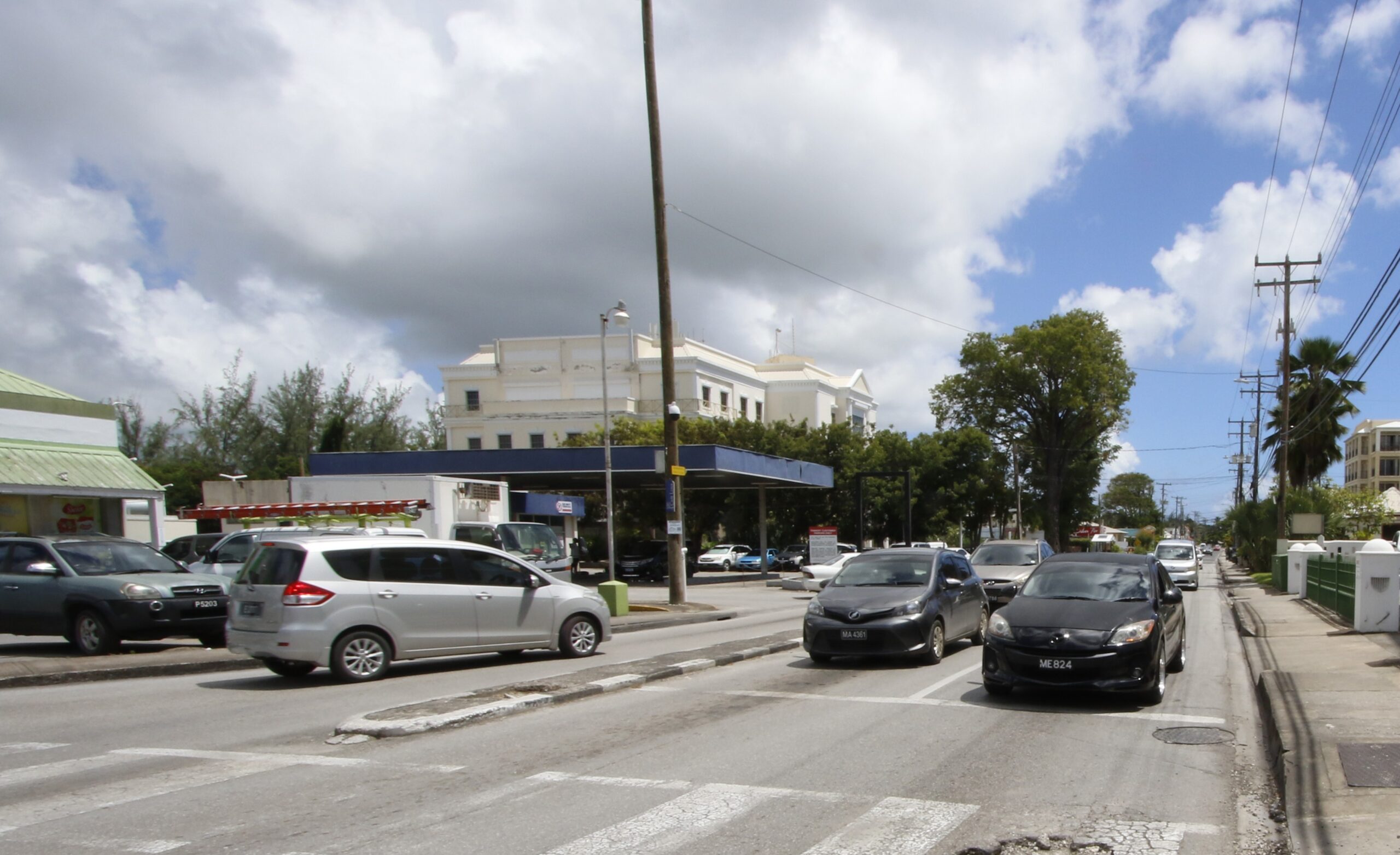CTUSAB Calls for End to Civilian Firearm Licenses in Barbados Amid Rising Gun Violence Debate

April 11, 2025
CTUSAB recommends ending civilian firearm licenses in Barbados to combat gun violence. The proposal sparks debate on illegal gun flow despite improved security measures. Calls for restricting gun ownership to security forces.
As gun violence continues to threaten the safety and stability of Barbadian society, the Congress of Trade Unions and Staff Associations of Barbados (CTUSAB) has stepped forward with a bold recommendation: end the issuance of civilian firearm licences and restrict gun ownership to national security forces.
It’s a proposal that has sparked widespread debate.
CTUSAB President Ryan Phillips laid out the union’s concerns about the increasing presence of firearms on the island and the seeming inability to stem their illegal flow into the country. Barbados does not manufacture guns, yet their proliferation continues. CTUSAB questions how, despite improvements to security and surveillance at the Bridgetown Port and the Grantley Adams International Airport, illegal firearms still enter the country with such regularity.
Pointing to the country’s miles of accessible coastline, an uptick in private yacht traffic, and container unloading outside official surveillance zones, Phillips described a challenging landscape for law enforcement — one complicated further by the emergence of polymer-based weapons that can evade traditional detection methods.
CTUSAB isn’t calling for the confiscation of legally owned firearms. Instead, the union is urging a freeze on the issuance of new civilian gun licenses. “We believe that the individual right to own a gun should be restricted to state law enforcement and protection agencies,” said Phillips. Such a policy shift, he argued, would make Barbados a regional leader in gun control and could signal a broader commitment to public safety.
The presence of more firearms — even legally owned ones — introduces additional risk. Accidental shootings, domestic violence escalations, and firearms being stolen and used in crimes are all real dangers. In this view, fewer guns in civilian hands mean fewer opportunities for tragedy.
However, Gary Field, secretary of the Barbados Clay Target Shooting Association, pushed back against the idea that restricting legal ownership will help solve the country’s gun crisis, noting that “the violence being committed is not with licensed firearms”.
He argued that energy would be better spent addressing the real source of the problem — the illegal gun trade. “Give the police more resources. Give the Coast Guard more resources. That’s where the battle is,” he argued.
He also pointed to the growing brazenness of gun crime, including shootings in public spaces and the deaths of innocent children, as signs of a deeper societal crisis — one that won’t be solved by targeting law-abiding citizens.
While CTUSAB’s proposal is rooted in a genuine desire to make the country safer, it must also be examined alongside broader societal implications.
There are legitimate concerns among some Barbadians about relying solely on law enforcement for protection, particularly in areas where police response times may be delayed. For business owners, farmers, and others who face security risks, the possibility of being targeted justifies responsible firearm possession.
There is also concern that disarming civilians while criminals continue to acquire illegal weapons will create an imbalance — leaving law-abiding citizens more vulnerable. In this light, calls to eliminate civilian licensing may seem more symbolic than practical, unless they are accompanied by a dramatic improvement in crime control and illegal firearm seizures.
Civilian gun ownership, advocates argue, should not be punished because of the actions of criminals. With proper background checks, training, and renewal requirements, they believe citizens can responsibly own and manage firearms.
Restricting gun ownership entirely to state agencies may also raise questions about rights, trust in government institutions, and the perceived ability of those institutions to guarantee individual safety. Such a policy shift would demand not just legislative change but a deep national conversation about the balance between freedom and security.
Furthermore, if illegal firearms continue to circulate while law-abiding citizens are disarmed, will the country be any safer? Or will this move place a heavier burden on already-stretched law enforcement?
Perhaps the solution lies not in a total ban or unrestricted access, but in a balanced middle ground: stricter licensing and enhanced vetting.
Whether Barbados chooses to adopt such a restriction or takes a more moderate approach, one thing is clear: the status quo is not sustainable. As gun violence grows more sophisticated and deadly, so too must our collective response.
Bold action is needed, yes — but it must be thoughtful, inclusive, and grounded in a broader strategy that protects both public safety and civil liberties.


